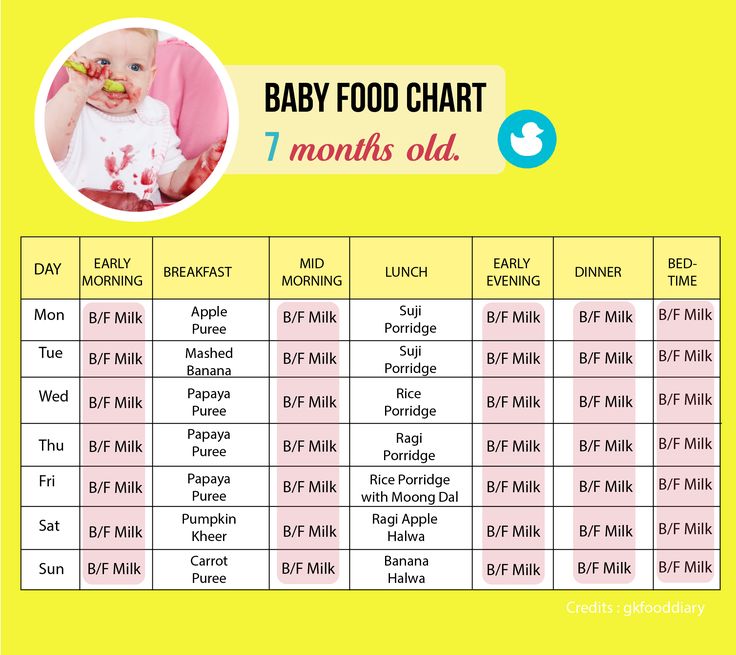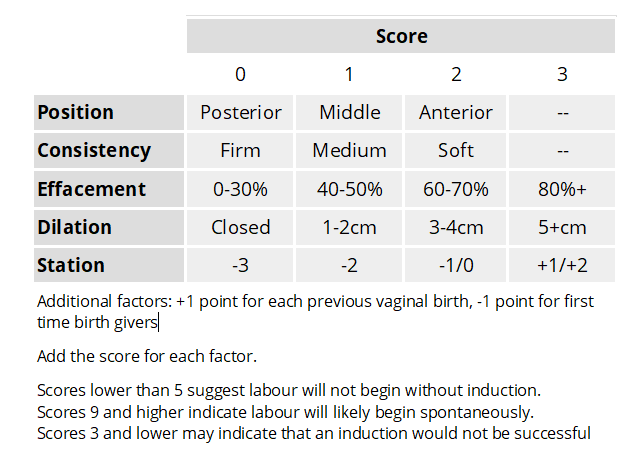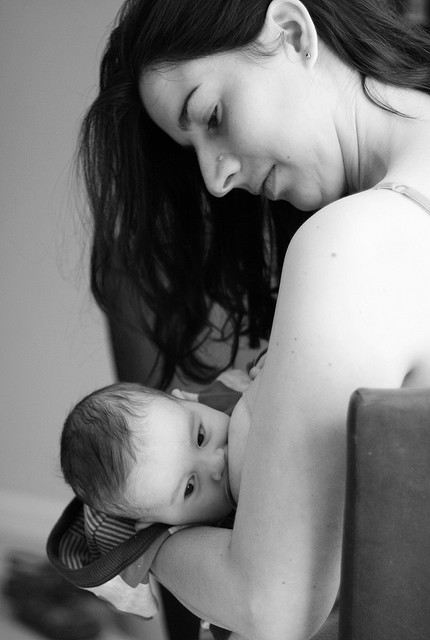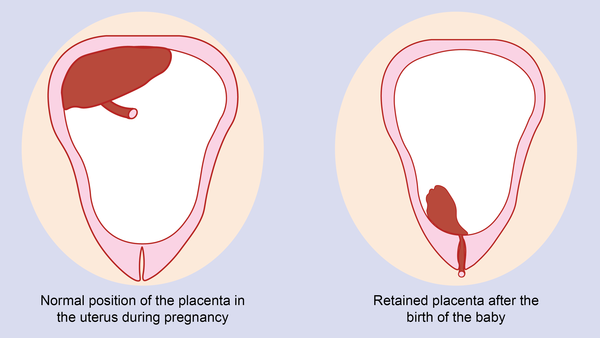Pregnancy in schools
Pregnant or Parenting? Title IX Protects You From Discrimination At School
PDF (412K)
Title IX of the Education Amendments of 1972 (“Title IX”), 20 U.S.C. §1681 et seq., is a Federal civil rights law that prohibits discrimination on the basis of sex—including pregnancy and parental status—in educational programs and activities.
All public and private schools, school districts, colleges, and universities receiving any Federal funds (“schools”) must comply with Title IX.*
Here are some things you should know about your rights:
Classes and School Activities – your school MUST:
Allow you to continue participating in classes and extracurricular activities even though you are pregnant. This means that you can still participate in advanced placement and honors classes, school clubs, sports, honor societies, student leadership opportunities, and other activities, like after-school programs operated at the school.
Allow you to choose whether you want to participate in special instructional programs or classes for pregnant students. You can participate if you want to, but your school cannot pressure you to do so. The alternative program must provide the same types of academic, extracurricular and enrichment opportunities as your school’s regular program.
- Allow you to participate in classes and extracurricular activities even though you are pregnant and not require you to submit a doctor’s note unless your school requires a doctor’s note from all students who have a physical or emotional condition requiring treatment by a doctor. Your school also must not require a doctor’s note from you after you have been hospitalized for childbirth unless it requires a doctor’s note from all students who have been hospitalized for other conditions.
- Provide you with reasonable adjustments, like a larger desk, elevator access, or allowing you to make frequent trips to the restroom, when necessary because of your pregnancy.

Excused Absences and Medical Leave – your school MUST:
- Excuse absences due to pregnancy or childbirth for as long as your doctor says it is necessary.
- Allow you to return to the same academic and extracurricular status as before your medical leave began, which should include giving you the opportunity to make up any work missed while you were out.
- Ensure that teachers understand the Title IX requirements related to excused absences/medical leave. Your teacher may not refuse to allow you to submit work after a deadline you missed because of pregnancy or childbirth. If your teacher’s grading is based in part on class participation or attendance and you missed class because of pregnancy or childbirth, you should be allowed to make up the participation or attendance credits you didn’t have the chance to earn.
- Provide pregnant students with the same special services it provides to students with temporary medical conditions.
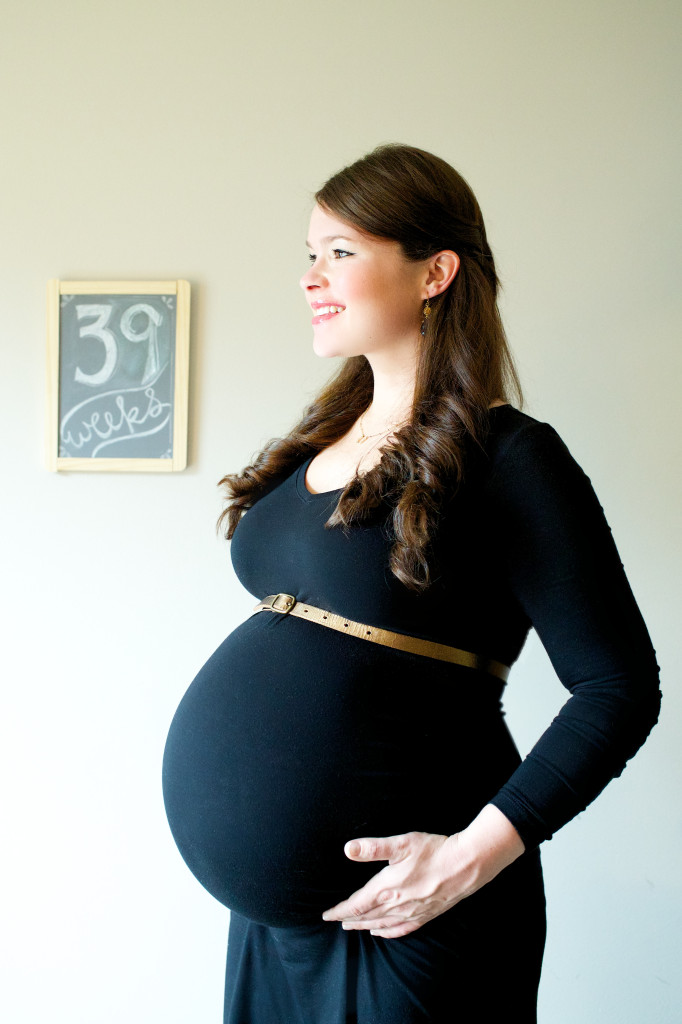 This includes homebound instruction/at-home tutoring/independent study.
This includes homebound instruction/at-home tutoring/independent study.
Harassment – your school MUST:
- Protect you from harassment based on sex, including harassment because of pregnancy or related conditions. Comments that could constitute prohibited harassment include making sexual comments or jokes about your pregnancy, calling you sexually charged names, spreading rumors about your sexual activity, and making sexual propositions or gestures, if the comments are sufficiently serious that it interferes with your ability to benefit from or participate in your school’s program.
Policies and Procedures – your school MUST:
- Have and distribute a policy against sex discrimination. It is recommended that the policy make clear that prohibited sex discrimination covers discrimination against pregnant and parenting students.

- Adopt and publish grievance procedures for students to file complaints of sex discrimination, including discrimination related to pregnancy or parental status.
- Identify at least one employee in the school or school district to carry out its responsibilities under Title IX (sometimes called a “Title IX Coordinator”) and notify all students and employees of the name, title, and contact information of its Title IX Coordinator. These responsibilities include overseeing complaints of discrimination against pregnant and parenting students.
Helpful Tips for Pregnant and Parenting Students:
- Ask your school for help—meet with your school’s Title IX Coordinator or counselor regarding what your school can do to support you in continuing your education.
- Keep notes about your pregnancy-related absences, any instances of harassment and your interactions with school officials about your pregnancy, and immediately report problems to your school’s Title IX Coordinator, counselor, or other staff.

- If you feel your school is discriminating against you because you are pregnant or parenting you may file a complaint:
- Using your school’s internal Title IX grievance procedures.
- With the U.S. Department of Education, Office for Civil Rights (OCR), even if you have not filed a complaint with your school. If you file with OCR, make sure you do so within 180 days of when the discrimination took place.
- In court, even if you have not filed a complaint with your school or with OCR.
- Contact OCR if you have any questions. We are here to help make sure all students, including pregnant and parenting students, have equal educational opportunities!
If you want to learn more about your rights, or if you believe that a school district, college, or university is violating Federal law, you may contact the U.S. Department of Education, Office for Civil Rights, at (800) 421-3481 or ocr@ed. gov. If you wish to fill out a complaint form online, you may do so at: http://www.ed.gov/ocr/complaintintro.html.
gov. If you wish to fill out a complaint form online, you may do so at: http://www.ed.gov/ocr/complaintintro.html.
* A school that is controlled by a religious organization is exempt from Title IX when the law’s requirements would conflict with the organization’s religious tenets.
| U.S. Department of Education |
Top
Pregnant in Public School: Challenges and Options
Teen pregnancy is not a new issue, but schools and parents still struggle with the challenges surrounding this situation. While statistics show that teen mothers who graduate from high school now have a better shot at supporting themselves and their children, keeping them in school until graduation is often easier said than done. With some school districts across the country facing alarming statistics on the teen pregnancy front, the problem does seem to becoming more prevalent in some areas of the nation.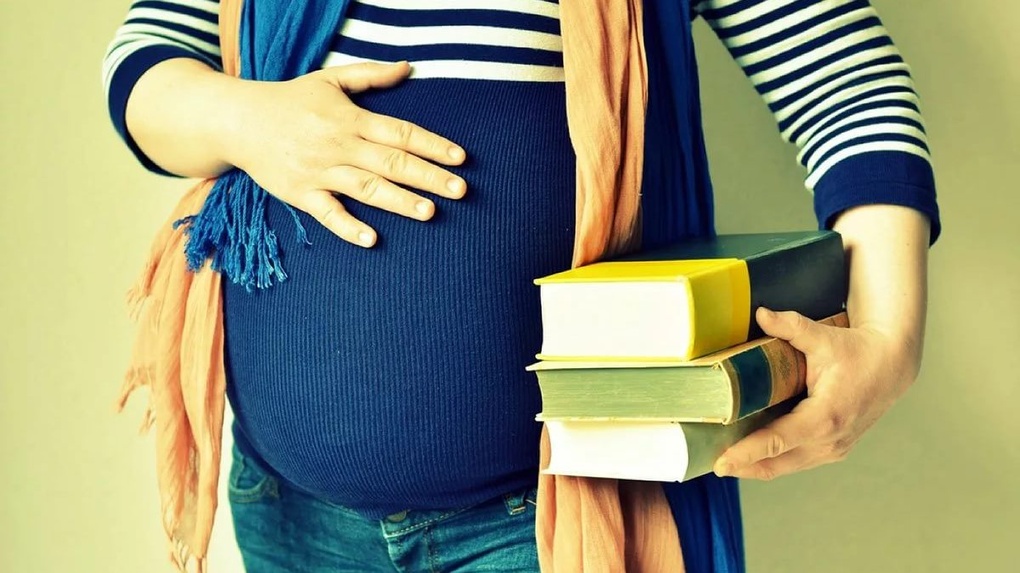 Combine rising pregnancy rates with budget cuts that are forcing some schools for pregnant teens to shut their doors, and the problems facing pregnant teens seem to be getting bigger while the options are getting smaller. We will take a look at how some schools are dealing with their pregnant students today and the legal ramifications facing this issue.
Combine rising pregnancy rates with budget cuts that are forcing some schools for pregnant teens to shut their doors, and the problems facing pregnant teens seem to be getting bigger while the options are getting smaller. We will take a look at how some schools are dealing with their pregnant students today and the legal ramifications facing this issue.
What the Law Says
Many pregnant teens may find the prospect of attending school every day more challenging than they are willing to manage. Consider the morning sickness that makes is difficult for some girls to get to school in the morning, regular doctor visits that result in frequent absenteeism, and the fear of social stigmas, and you can see why some are hesitant to continue their education path in their current condition. However, in a legal guide titled, "Public Schools and Pregnant and Parenting Adolescents," it states, "The [North Carolina] state constitution guarantees a right to education and promises equal opportunities for all students in public schools," and this holds true in all of the states.
The report goes on to state, "By statute, every parent or 'other person having charge or control of a child between the ages of seven and sixteen" must send the child to school. A parent may be prosecuted for failing to do so. In addition, failing to send a child to school can be considered neglect."
Other states have similar laws, so it seems clear that students must continue to attend school until the age of 16, pregnant or not. But what happens after the age of 16? Many pregnant teens and teen mothers end up dropping out before graduation because earning a high school diploma and caring for a baby can be more than a little challenging to manage at the same time.
What Really Happens
Despite what state constitutions promise, the path become difficult, and many girls end up dropping out. They try to find work that will support themselves and their babies, but without a high school diploma, good jobs are hard to find. Many end up on welfare and food stamps – a difficult cycle to break away from once they hit that point.
Many end up on welfare and food stamps – a difficult cycle to break away from once they hit that point.
It's not only the girls that have difficulty mixing school and parenthood. Many schools have also been less than hesitant to keep girls in school once their pregnancies become evident. In fact, some downright discourage the girls from remaining in school, either by offering them alternative education options or by creating policies that make it very difficult for girls to succeed in classes while they are pregnant.
For example, some schools do not allow students to finish a semester if they have more than 10 unexcused absences during the period. However, these same schools often will not grant pregnant girls excused absences for maternity leave or other pregnancy and parenting-related obligations.
Is Pregnancy Contagious?
In some cases, schools are justified in their concerns about allowing pregnant teens to remain in schools. According to a report in Time three years ago, Gloucester High School in Virginia was seeing an alarming number of girls requesting pregnancy tests. Upon further investigation, it was found that many of the pregnant girls had formed a "pregnancy pact" to ensure all of them had babies at the same time. Economic factors may play a role in this choice, since the industrial town where the college is located has suffered a big hit from the recent economic slowdown. With many students facing rather dismal futures, pregnancy may seem like one of the best options.
According to a report in Time three years ago, Gloucester High School in Virginia was seeing an alarming number of girls requesting pregnancy tests. Upon further investigation, it was found that many of the pregnant girls had formed a "pregnancy pact" to ensure all of them had babies at the same time. Economic factors may play a role in this choice, since the industrial town where the college is located has suffered a big hit from the recent economic slowdown. With many students facing rather dismal futures, pregnancy may seem like one of the best options.
At Frayser high school in Memphis, similarly high number of teen pregnancies abound, with as many as 11 percent of the student population expecting. According to a report at the New York Daily News, socio-economic factors may also play in a role in the high pregnancy figures at this location. Frayser is considered a title one school, which means at least 95 percent of students are eligible for free lunches and more than 100 students drop out between 11th and 12th grade.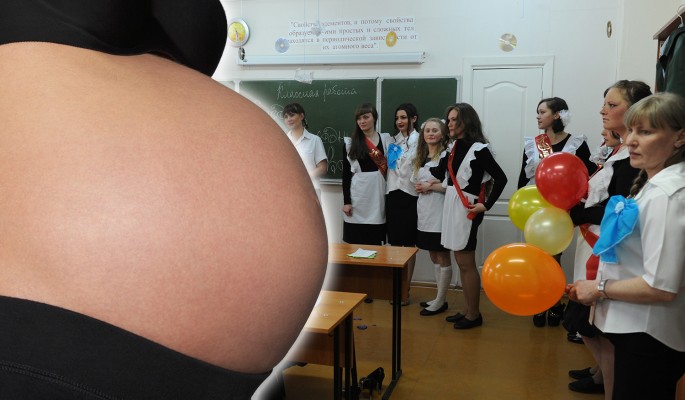
Special Schools
In some states, special schools are available for pregnant students. A report at Christian Science Monitor describes how one of these schools in Boise was instrumental in helping a certain teen mother stay in school. Alicia Mattocks credits Marian Pritchett School with allowing her to get her high school diploma and enroll in Boise State University. However, funding cuts have resulted in many of these schools getting closed down around the country.
Helping or Condoning?
One of the issues facing schools that want to support pregnant teens is the attitude that assistance is condoning their pregnancies. While schools want to see these students succeed, they don't want to send the message to other students that pregnancy in the teen years is a good choice. An article on FindLaw summarizes the philosophy, "Helping her [a pregnant student] return to her studies might send the message that staying in school is the right thing to do, regardless of what your circumstances are. It is a sad reality that so many teenagers are pregnant. Denying that reality is unlikely to prove the most promising approach to changing it."
It is a sad reality that so many teenagers are pregnant. Denying that reality is unlikely to prove the most promising approach to changing it."
Hopefully, more options and assistance programs are back on the horizon in the future to help pregnant students continue on the path of academic success.
Please enable JavaScript to view the comments powered by Disqus.comments powered by Disqus
Teenage pregnancy in high school, 1971
Many parents of teenage girls are very afraid that their daughters will become pregnant while still in school. We raised this topic in a friendly conversation, and it turned out that opinions about the sexual education of children were sharply divided.
Someone from quite modern people in all seriousness believes that it is better to keep children away from this knowledge! Do not let them watch movies, check what they are reading, this is so that “unhealthy gravity” does not arise.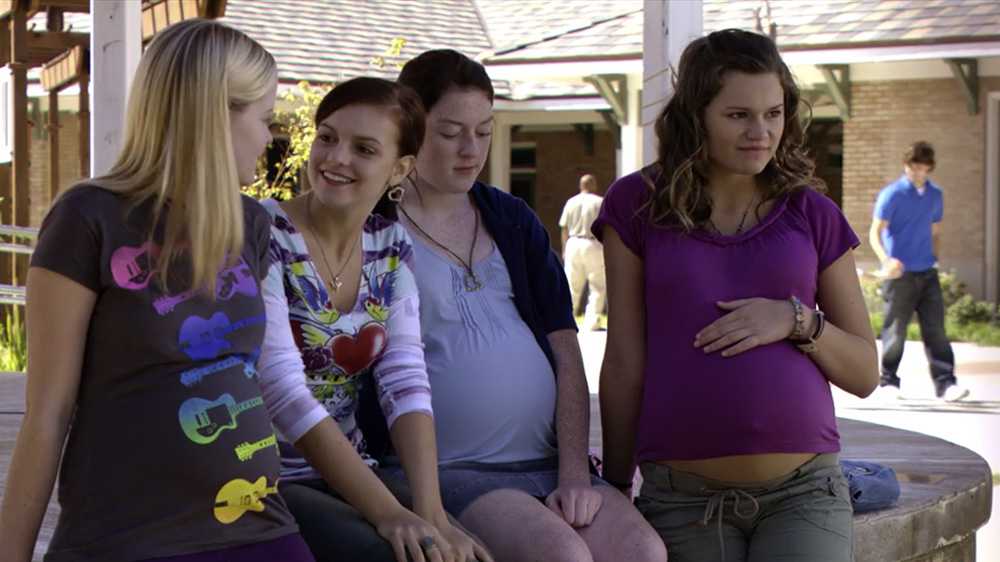
Well, and so on. My God! You can, of course, grow a dense person - for a while, but what will it result in?
People have already been through this. Here is a small selection of photos.
By the 1970s, teenage pregnancy was a worldwide problem.
She had a profound and bad effect on the lives of girls and their children.
Demographic studies have shown that in developed countries such as the United States, teenage pregnancy results in lower levels of education, higher levels of poverty, and worse "life outcomes" for children of teenage mothers compared to children of young adult women.
Photographs of the everyday life of expectant mothers in a typical Southern California town of Azusa in 1971. This article was published in Life magazine, and on the cover was the title: "Helping High School Mothers."
“Here we see that the class is calm about the pregnant girl.
But a few years ago, public schools excluded girls.
Many humiliated families arranged secret and illegal abortions for their daughters.
Others sent them to "visit relatives" or, if they could afford it, hid them in private nursing homes.
“Today the attitude towards school mothers is changing dramatically. Medical clinics and consultations are being provided for new mothers, who will be about 200,000 this year.”
“At the same time, there are still not enough programs in the country.
A recent study found that 75 percent of pregnant teenagers drop out of school.
But more and more girls are making difficult decisions to stay in school for their own good and for the future of their children.”
Letters to the editor published in Life magazine in response to the article were mostly negative:
“The April 2 cover establishes a new dimension of achievement in crude, gaudy, inelegant journalistic bad taste.
Offering a picture of this pathetic schoolgirl with her grotesque pregnant figure in place of the bold type "Pregnancy in high school" is an outrage. "
"
The eternal principle: “Your own fool is to blame” and get out – flourished all over the world.
And how was it with us? With someone studied pregnant 13-year-old girls?
I was told that they were expelled without talking, some parents transferred them to night school, and former classmates pointed fingers at them when they met.
In general, the prosecution of child molestation is a boon that cannot be overestimated.
Madonna del Parto, Piero Della Francesca, after 1457
The Virgin is depicted as pregnant
- home
- All Manga
- 18+
- Boys School Pregnancy (Nindan - Danshikou de Ninshin Shita Ore)
18+
0
Views
N/A, it has 232 monthly views
Alternative
Author(s)
MASUMI Wataru
Translation
MASUMI Wataru
Genres
18+, Web, Adult, Omegaverse, Romance, School, Yaoi
Type
Manga
Tags
YY male, Friendship
Release
2017
Status
OnGoing
Bookmark This
“Have my baby. ” Even if Ikumi doesn’t like it, his body reacts to the feel of Chiharu’s finger inside… Even his childhood friend is driven crazy by his “pregman” pheromones…
” Even if Ikumi doesn’t like it, his body reacts to the feel of Chiharu’s finger inside… Even his childhood friend is driven crazy by his “pregman” pheromones…
Start End
- 1 Volume
-
- Chapter 31 11.09.2022
- Chapter 30 09/02/2022
- Chapter 29 06/29/2022
- Chapter 28 06/29/2022
- Chapter 27 04/15/2022
- Chapter 26 03/14/2022
- Chapter 25 03/14/2022
- Chapter 24 03/14/2022
- Chapter 23 03/14/2022
- Chapter 22 03/14/2022
- Chapter 21 03/14/2022
- Chapter 20 03/14/2022
- Chapter 19 03/14/2022
- Chapter 18 10/13/2021
- Chapter 17 10/13/2021
- Chapter 16 10/13/2021
- Chapter 15 10/13/2021
- Chapter 14 10/13/2021
- Chapter 13 10/13/2021
- Chapter 12 10/13/2021
- Chapter 11 10/13/2021
- Chapter 10 10/13/2021
- 9Chapter 10/13/2021
- Chapter 8 10/13/2021
- Chapter 7 10/13/2021
- Chapter 6 10/13/2021
- Chapter 5 10/13/2021
- Chapter 4 10/13/2021
- Chapter 3 10/13/2021
- Chapter 2 10/13/2021
- Chapter 1 10/13/2021
-
Show more
sign in
Lost your password?
← Back to mangamammy
Lost your password?
Please enter your username or email address.



